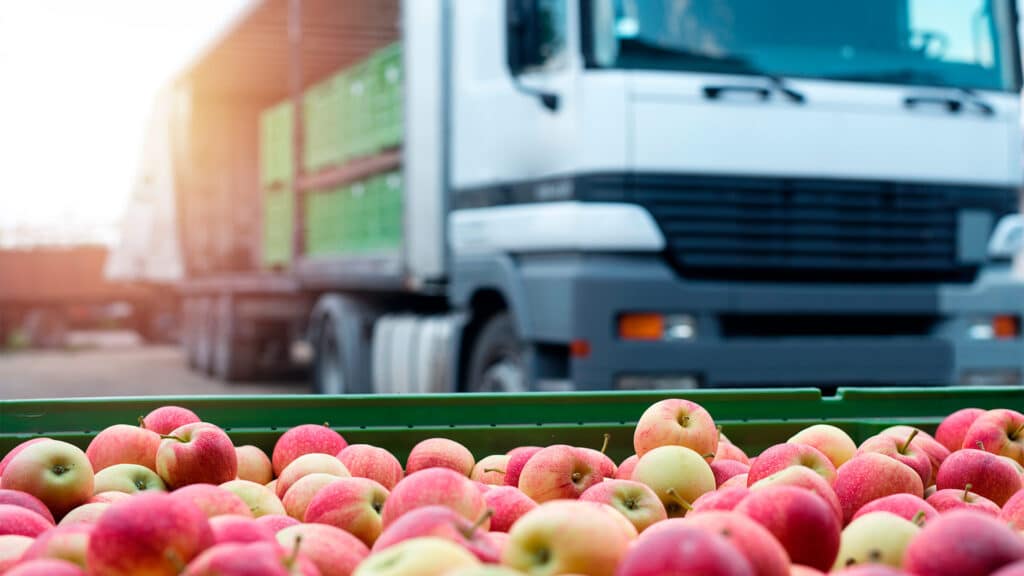Astana denies Moscow’s charges imposing responsibility on dummy companies

Kazakhstan’s Ministry of Agriculture has denied any wrongdoing in response to the Russian Federal Service for Veterinary and Phytosanitary Supervision (Rosselkhoznadzor) claiming that Kazakhstani authorities promoted illegal cross-border transportation of goods. Earlier this week, the Russian agency claimed that Kazakhstan allegedly used record details of more than 100 entities with no links to export activities to issue phytosanitary certificates. Supposedly, this scheme was performed to evade taxes and product-quality audits.
In turn, Kazakhstan’s Ministry of Agriculture said it has nothing to do with «shady businesses» and placed the responsibility on unscrupulous private entities.
«Issuing phytosanitary certificates is a public service. However, there is indeed a big problem with unscrupulous Kazakhstani businesses registering quarantine products with ‘dummy’ companies to obtain phytosanitary certificates,» the ministry stated.
The agency also emphasized that the issue of dummy companies is common not only in Russia but in Kazakhstan as well. For instance, goods from some Eurasian Economic Union (EEU) member states arrive in the country addressed to consignees who are unaware of having been listed as recipients for these imports.
«There is no solution for the problem at the national level. We have to do so within the Eurasian Economic Commission (EEC),» the ministry added.
Earlier this week, Rosselkhoznadzor claimed that a bunch of quarantine items infected with dangerous diseases was illegally imported to the territory of the Customs Union because of Kazakhstan’s «fraud schemes.» The Russian agency said that over two years of using invalid phytosanitary certificates, Kazakhstani companies allegedly exported more than 120,000 tons of plant products to Russia. In total, 260,000 tons of fruits and vegetables went unchecked through the border.
In mid-October, Rosselkhoznadzor temporarily banned the import of Kazakhstani wheat, lentils, flax seeds and melons, as well as peppers and tomatoes from third countries transiting through the country. This action was taken due to numerous alleged violations of phytosanitary requirements by Kazakhstan. Later, Serik Zhumangarin, deputy prime minister, denied media reports claiming that trade war had broken out between the two countries. Experts believe that Russia’s current actions might be a response to Kazakhstan’s ban on Russian wheat imports imposed earlier this year.

